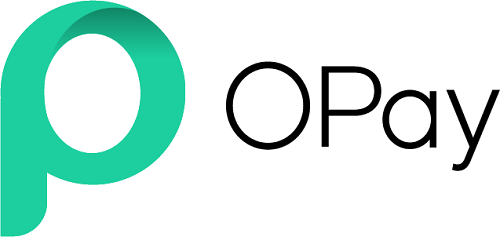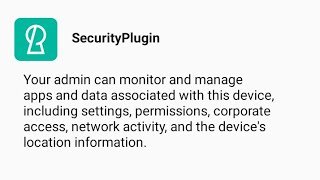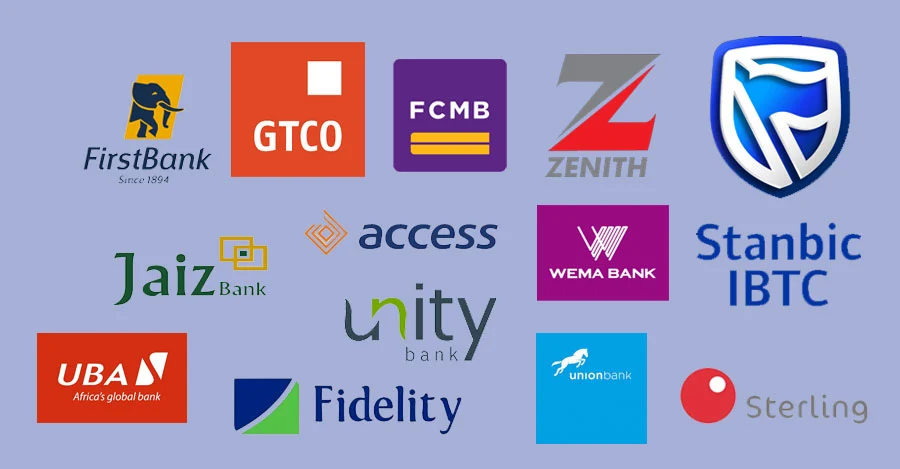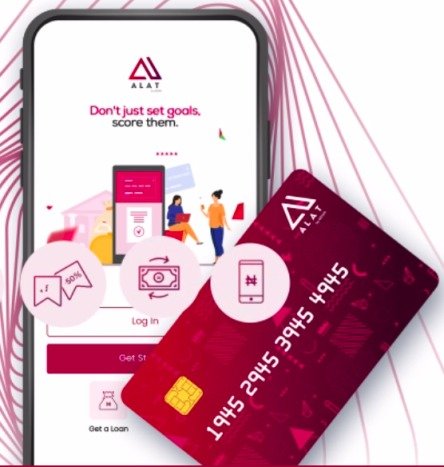Are you curious about Islamic banks and their presence in Nigeria? In this article, we will delve into the world of Islamic banking and explore the list of Islamic banks operating in Nigeria, their origin, growth, and key details.
Islamic banking follows the principles of Shariah law, offering financial products and services that align with Islamic ethics and values. Join us as we explore the history, development, and unique features of Islamic banks in Nigeria.
By the end of this article, you will gain a comprehensive understanding of Islamic banking in Nigeria and the key players in this growing sector. So, let’s dive into the fascinating world of Islamic banking and explore the list of Islamic banks in Nigeria, their origins, growth, and relevant details.
What Are Islamic Banks?
Islamic banks are financial institutions that operate based on the principles of Islamic law, known as Shariah. These banks offer financial products and services that comply with Islamic ethical and moral standards.
The foundation of Islamic banking lies in the principles derived from the Quran, Hadith (sayings and actions of Prophet Muhammad), and the consensus of Islamic scholars.
One of the fundamental principles of Islamic banking is the prohibition of Riba, which refers to the charging or paying of interest. Islamic law views interest as exploitative and unjust, as it generates income without participating in the underlying risks and rewards of economic activities.
Instead of interest-based transactions, Islamic banks employ alternative mechanisms to provide financial services while ensuring fairness and avoiding usury.
To adhere to Shariah principles, Islamic banks offer various financing models, such as:
- Profit and Loss Sharing (PLS): This model is based on the principle of sharing profits and losses between the bank and the customer. Under this arrangement, Islamic banks become partners in the business venture and share both risks and rewards.
- Musharakah: Musharakah refers to a partnership where the bank and the customer contribute capital to a business venture. Profits and losses are shared based on predetermined ratios, reflecting each party’s contribution.
- Mudarabah: Mudarabah is a form of investment partnership, where the bank provides the capital (Rabb al-Maal) and the customer manages the business operations (Mudarib). Profit-sharing ratios are determined in advance, and the losses are borne by the bank.
- Murabaha: Murabaha is a cost-plus financing arrangement. The bank purchases an asset requested by the customer and sells it to them at an agreed-upon cost, plus a mutually agreed profit margin. The customer pays back the cost plus profit in installments over a specified period.
Islamic banks also offer other products and services, such as savings accounts, current accounts, investment accounts, trade finance, and insurance, all structured in compliance with Islamic principles.
In addition to avoiding interest-based transactions, Islamic banks adhere to principles of ethical and responsible financing. They consider the social, economic, and environmental impacts of their investments and promote ethical business practices. Islamic banks often establish Shariah boards or committees composed of Islamic scholars to ensure compliance with Shariah principles and provide guidance on Islamic finance matters.
Read Also: Apply for Cryptocurrency Scholarship for International Students
List of all Islamic Banks in Nigeria, Their Origin, Growth and Details
Here is a comprehensive list of Islamic banks in Nigeria, along with their origin, growth, and key details:
Jaiz Bank Plc:
- Origin: Jaiz Bank Plc is the pioneer Islamic bank in Nigeria. It was incorporated in 2003 as a Special Purpose Vehicle to establish a non-interest bank. In 2011, it obtained a full commercial banking license from the Central Bank of Nigeria (CBN).
- Growth: Jaiz Bank has experienced remarkable growth since its establishment. It has expanded its branch network across major cities in Nigeria and now operates more than 40 branches nationwide. The bank has seen an increase in its customer base and assets under management.
- Details: Jaiz Bank offers a comprehensive range of Shariah-compliant products and services, including current accounts, savings accounts, investment accounts, trade financing, real estate financing, and more. It is committed to ethical and responsible banking practices and aims to provide innovative solutions to meet the financial needs of its customers.
Taj Bank Limited:
- Origin: Taj Bank Limited is a relatively new Islamic bank in Nigeria, established in 2019. The bank was granted a full commercial banking license by the CBN to operate as a non-interest bank.
- Growth: Taj Bank has been steadily growing since its inception, focusing on market expansion and customer satisfaction. The bank aims to increase its branch network across various states in Nigeria and enhance its product offerings.
- Details: Taj Bank provides a wide range of Shariah-compliant financial products and services, including savings accounts, current accounts, investment accounts, trade finance, and asset financing. It emphasizes customer-centricity, innovation, and strong corporate governance.
SunTrust Bank Nigeria Limited:
- Origin: SunTrust Bank Nigeria Limited is a commercial bank that adopted the non-interest banking model in 2016. It transitioned to operate as a full non-interest bank, making it one of the Islamic banking institutions in Nigeria.
- Growth: SunTrust Bank has been gradually expanding its operations and market presence in the non-interest banking space. It aims to provide innovative and customer-focused banking solutions.
- Details: SunTrust Bank offers a range of non-interest banking services, including savings accounts, current accounts, financing, and investment products. The bank operates based on ethical principles and promotes financial inclusion through its offerings.
Coronation Merchant Bank
- Origin: Coronation Merchant Bank is a commercial bank in Nigeria that incorporates Islamic banking practices alongside conventional banking services. It obtained a merchant banking license from the CBN in 2015.
- Growth: Coronation Merchant Bank has witnessed steady growth since its inception. It has become a recognized financial institution in Nigeria, providing diversified banking services, including Islamic banking.
- Details: The Islamic banking division of Coronation Merchant Bank offers a wide array of Shariah-compliant financial solutions, such as Islamic investment products, advisory services, and corporate banking. The bank focuses on delivering value to its clients while adhering to Islamic principles.
NPF Microfinance Bank Plc:
- Origin: NPF Microfinance Bank Plc is a microfinance bank that ventured into Islamic banking in Nigeria. It operates under a microfinance banking license obtained from the CBN.
- Growth: The bank has expanded its operations and introduced Islamic banking products to cater to the needs of its diverse customer base. It aims to provide financial solutions that align with Islamic principles.
- Details: NPF Microfinance Bank offers Islamic banking services, including savings accounts, current accounts, and financing options. The bank focuses on providing financial inclusion to micro, small, and medium-sized enterprises (MSMEs) through its Shariah-compliant product and services.
These Islamic banks in Nigeria are dedicated to providing Shariah-compliant financial solutions, promoting financial inclusion, and meeting the diverse needs of customers. Each institution operates within the guidelines set by the CBN and aims to ensure ethical and responsible banking practices.
The growth of Islamic banking in Nigeria reflects the increasing demand for alternative financial systems that align with Islamic principles and values.
Read Also: Fully Funded Scholarships in USA for International Students 2023/2024
FAQS
How Many Islamic Banks Do We Have In Nigeria
There are currently 4 Islamic banks in Nigeria
What is the growth rate of Islamic banks in Nigeria?
The growth rate of Islamic banks in Nigeria has been positive over the years. While specific growth figures may vary, Islamic banks have expanded their operations, increased their customer base, and established a wider network of branches across the country.
The growth rate is influenced by factors such as market demand, regulatory support, awareness of Islamic finance, and the development of Shariah-compliant products and services.
What is the history of Islamic banks in Nigeria?
The history of Islamic banks in Nigeria dates back to the early 2000s when the Central Bank of Nigeria (CBN) granted licenses to pioneer Islamic banks. Jaiz Bank Plc, established in 2003, became the first Islamic bank in Nigeria. Since then, several other Islamic banks have been established, offering Shariah-compliant financial services to cater to the needs of individuals and businesses.
What is the origin of Islamic banking?
Islamic banking has its origins in the principles derived from Islamic law, known as Shariah. The principles of Islamic banking are based on ethical and moral guidelines outlined in the Quran, Hadith, and the consensus of Islamic scholars. The concept of Islamic banking emerged as an alternative financial system that operates based on principles such as the prohibition of interest (Riba) and the promotion of risk-sharing and ethical conduct in financial transactions.
What is Islamic bank detail?
Islamic bank detail refers to the specific information and characteristics of an Islamic bank. This includes details about its establishment, ownership structure, operations, products, services, Shariah compliance, and overall functioning.
Islamic bank details may also encompass information on the bank’s performance, financial indicators, governance structure, and its commitment to ethical and responsible banking practices. Understanding the Islamic bank details is essential for individuals and businesses seeking Shariah-compliant financial solutions.
Conclusion
In conclusion, Islamic banking has emerged as a prominent alternative financial system in Nigeria, offering Shariah-compliant financial products and services.
The list of Islamic banks in Nigeria demonstrates the growth and development of this sector, catering to the needs of individuals and businesses seeking ethical and moral financial solutions.






